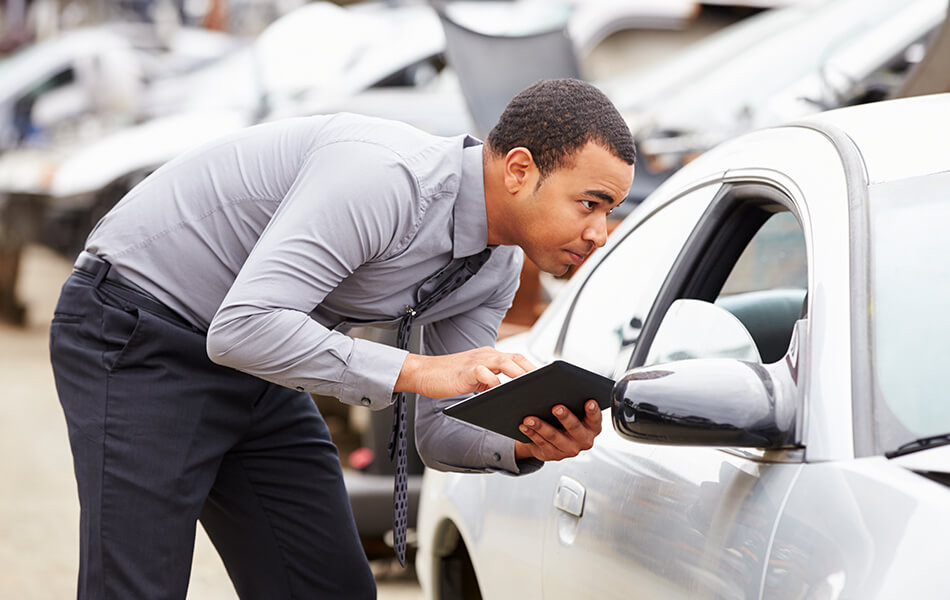There are two kinds of people in this world: those who like car shopping and those who hate it. No matter which person you are, there comes a time when you simply can’t put it off any longer.
Buying a used car is a great idea for first cars, cars on a budget, cars for commuting, and the list goes on and on! However, since not all used car sales are done on a professional lot, there are many things you should keep in mind before you enter into a purchase agreement, including these 5 things …
1. Set Your Budget
A common mistake that can be made by anyone preparing to make a big purchase is failing to set a budget before they start looking. Often, this can lead to falling in love with something that they can’t afford. Before beginning your car search, figure out a reasonable budget and then stick to it. (Not sure where to start? Here is a neat tool from Edmund’s.) Prepare yourself for a potential situation where the seller won’t budge and you are forced to walk away.
2. Test Drive
Don’t be shy. Seriously, don’t, because driving the car yourself is extremely important! You need to know how it handles, make yourself aware of any blind spots, test out all the knobs on the dash, and make sure the lights work. While you’re at it, check the condition of the tires, the battery, and inspect the windshield for any cracks or chips. (You know who to call if you find any!) Take it for a spin around the neighborhood to test and listen to the brakes, but also drive up a street where you need to increase your speed. Gut feelings are important for this kind of purchase, but don’t stop here - there are a few more steps you should follow before making your decision.
3. CARFAX
CARFAX is a wonderfully helpful tool to utilize before going to look at a used car (although, if you’re going to a dealer, they can and should print one off for you). The reality is, you need to know where your potential new car has been. A CARFAX report is a plethora of information on a car’s history and can include accident reports, number of prior owners, emissions test statuses, odometer readings, and history of repairs, just to name a few.
4. Inspection
Take a little time before you start searching to educate yourself on red flags regarding used vehicles. It is best to have an independent, licensed mechanic inspect the car before you make a final decision. It may cost you a few dollars, but it could save you quite a bit down the road. You deserve to know exactly what you’re getting into with this purchase, including any damage and how much it will cost to repair said damage.
5. Paperwork
Even though a lot of business is done on a computer nowadays, there is still some physical paperwork that needs be done when dealing with a car purchase. Following the inspection of the car, you should request a written estimate from the mechanic for any necessary or pending repair work. If you are buying from a dealer, obtain all written warranty information, as well as all paperwork needed to take to the Department of Motor Vehicles, including a clearly-signed title (confirm that the car VIN matches the VIN on the title), and a signed bill of sale from the dealer or seller.
When it comes to buying a car, the most important thing you can do is perform your own research. Even if you know next to nothing about cars, it is important to know exactly what you’re looking for in a vehicle and be aware of potential issues. There are plenty of free, online resources, and this is far from a complete list. At the end of the day and as the potential new owner of this car, you are the one who needs to be happy with this purchase.
From all of us at Quick-Set, happy car buying and drive safely out there!

